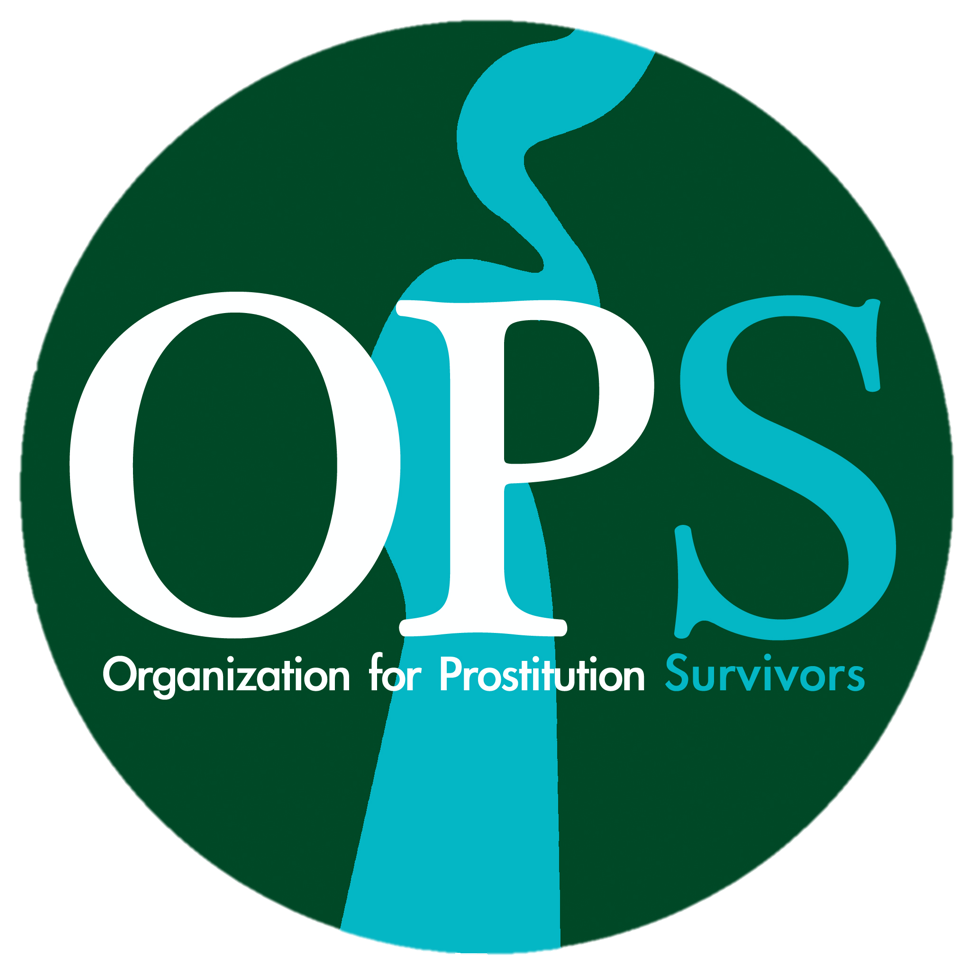Official Statement from the Organization for Prostitution Survivors (OPS) Regarding Prostitution Loitering Ordinance/ SOAP law
The Organization for Prostitution Survivors (OPS) expresses grave concern regarding the proposed Prostitution Loitering Ordinance/ SOAP legislation outlined in agenda items by Council Members Moore and Kettle. While we recognize the intent to address commercial sexual exploitation and the surrounding violence, we firmly believe that the proposed measures will disproportionately harm the very individuals they claim to protect—those who are already among the most vulnerable and marginalized in our society.
Survivors of exploitation are not the perpetrators of violence, yet this legislation seems poised to impact them most severely. By criminalizing loitering and establishing exclusion zones, the ordinance would push those engaged in survival sex and those being sexually exploited further into the shadows. The most marginalized—particularly Black, Brown, and Indigenous individuals, as well as those living in extreme poverty—will be disproportionately targeted, harassed, and punished. Displacing these individuals from public spaces does not enhance community safety; it only renders them invisible, increasing their vulnerability to violence and exploitation in hidden and isolated locations.
Survivors often require multiple attempts to escape from their abusers or traffickers successfully. Instead of criminalizing these individuals, we must offer them the support they need to make lasting changes in their lives. By forcing people out of public spaces and into secluded areas, the proposed legislation exacerbates their victimization and reduces their access to critical services and support. Currently, one of the greatest challenges for survivors is having a safe place to go once they’ve decided to leave.
History, both in Seattle and other cities, has shown that punitive measures like these do not effectively reduce crime or exploitation. Instead, they often cause greater harm to those in precarious situations. We urge the city to adopt a more compassionate and supportive approach—a restorative approach that centers on the needs and voices of survivors. While we agree on the necessity of comprehensive law enforcement training, it is crucial that these trainings are facilitated by survivor-led organizations like OPS, ensuring that they are informed by lived experiences and prioritize the well-being of survivors.
Investing in grassroots, community-driven, and survivor-led organizations is not just important—it’s vital. These organizations, including ours, have the knowledge and experience to offer meaningful support and create pathways for those seeking to escape exploitation. Yet, despite their critical role, they remain chronically underfunded. Rather than diverting resources away from social services, the city should strengthen the capacity of these organizations to meet the increasing demand for supportive services. This approach would address the root causes of exploitation and provide real solutions by expanding options and accessibility, rather than imposing restrictions and punitive measures.
No one should be criminalized for “selling sex.” Instead, a pre-filing diversion program within County facilities should be offered to reduce recidivism and provide resources for sustainable change and success. It is also vital to address the harm caused by past charges and ensure that no more victims or survivors are criminalized under this statute. Increased opportunities for record vacatur should be provided for those previously charged and impacted by the system.
Furthermore, while the legislation includes measures against buyers and traffickers, we believe that more serious efforts must be made to hold these individuals accountable. Funding is also needed in this area. The demand for commercial sex drives the exploitation and trafficking of vulnerable individuals. Any legislative approach should include robust and enforceable measures against buyers and those who profit from exploiting the vulnerable, ensuring they face significant consequences for their actions. However, it is equally important to provide diversion services that offer these individuals the opportunity to change their behavior and contribute to dismantling the systems of exploitation. By combining accountability with avenues for rehabilitation, we can more effectively address the root causes of exploitation.
In conclusion, we call on the Seattle City Council to reconsider portions of this legislation. We urge the Council to rewrite this policy to allow for workable solutions that genuinely protect and empower those most at risk. OPS and our partner organizations stand ready to collaborate with city officials, community members, and other stakeholders to develop comprehensive strategies that address the complexities of sexual exploitation, tackle violence and threats to public safety, and provide meaningful support for survivors.

